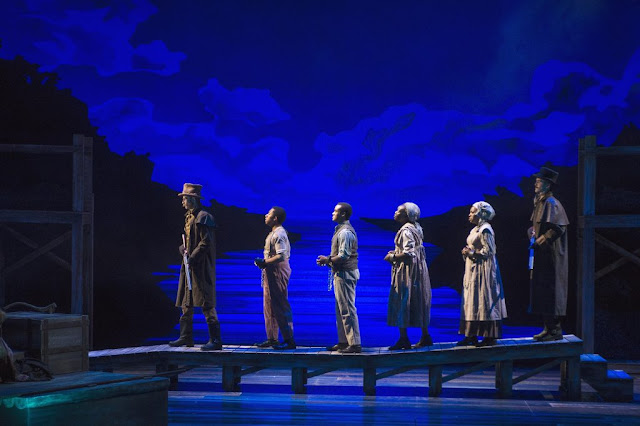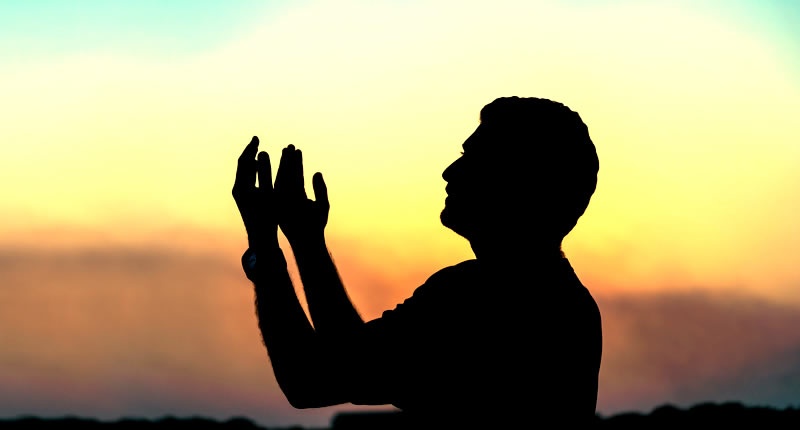Deep River, deep meaning
We rehearsed the African American spiritual, Deep River, in preparation for a concert in Cache Valley Utah this upcoming Saturday. I will admit it. I cried at the end of singing this piece during the rehearsal on Sunday.
Whenever we sing it, my thoughts always turn to those from whom these spirituals were born. Those who died in the middle passage, the heroes of the underground railroad, Harriet Tubman, other leaders like Robert Smalls, Aaron Anderson and the countless lesser-known heroes of that era.
 |
| Harriet Tubman leading people to freedom |
As a primarily (and historically) caucasian choir with roots in the Welsh tradition, singing African-American spirituals seems somewhat odd to me. Yet, I know the African-American community is one of inclusivity and equality. These songs need to be sung. These stories need to be told. Not only in the African-American community, but with all people. These experiences must to handed down to future generations because they are essential. They give us a greater understanding of our identity as a nation. These stories are important. I'm grateful the choir sings this piece.
The composer of this spiritual is unknown. Almost as if the message belongs to everyone. Even to the early Mormons who were driven from their homes countless times and were given an extermination order by the governor of Illinois.
This piece represents the hope of a better world for anyone who is oppressed.
The imagery of the lyrics has so many diverse meanings. Crossing a river could mean crossing the Ohio River to the free states or passing from the mortal life to another or moving from one stage of life to another. The idea of "campground" could mean the gathering place with friends, a revival meeting, a place to start a new, etc. Deep River has deep meaning.
Mack Wilberg's arrangement is hauntingly beautiful. It is simple. It is pensive. The orchestration creates a thoughtful mood. Something that feels like someone who is tired and longing. The climax plea of the piece includes all eight voice parts pleading, "Oh don't you want to go, to the gospel feast? That Promised Land, where all is peace." The dynamic from 'thoughtful' to 'pleading' is powerfully written in the music. It is one of my favorite moments in all of the music we perform as a choir.
During rehearsal, Mack was sitting out in the pews watching the choir and I thought, "How does someone capture emotion in music like this? Is it a mechanical process? Is it all emotional? How?" Oh, I would love to talk to him about his process of how he arranges music, but there is no time. There is never enough time.
I love music. I especially love music with meaning. Not simple tunes with trivial messages but pieces rooted in the human experience. It is such a blessing to sing these types of pieces every week. I am extremely grateful.
Deep river,
My home is over Jordan.
Deep river, Lord.
I want to cross over into campground.
Deep river, Lord.
I want to cross over into campground.
Deep River,
My home is over Jordan.
Deep river, Lord,
I want to cross over into campground.
My home is over Jordan.
Deep river, Lord,
I want to cross over into campground.
Oh, don't you want to go,
To the Gospel feast;
That Promised Land,
Where all is peace?
To the Gospel feast;
That Promised Land,
Where all is peace?
Oh, deep river, Lord,
I want to cross over into campground.
I want to cross over into campground.



